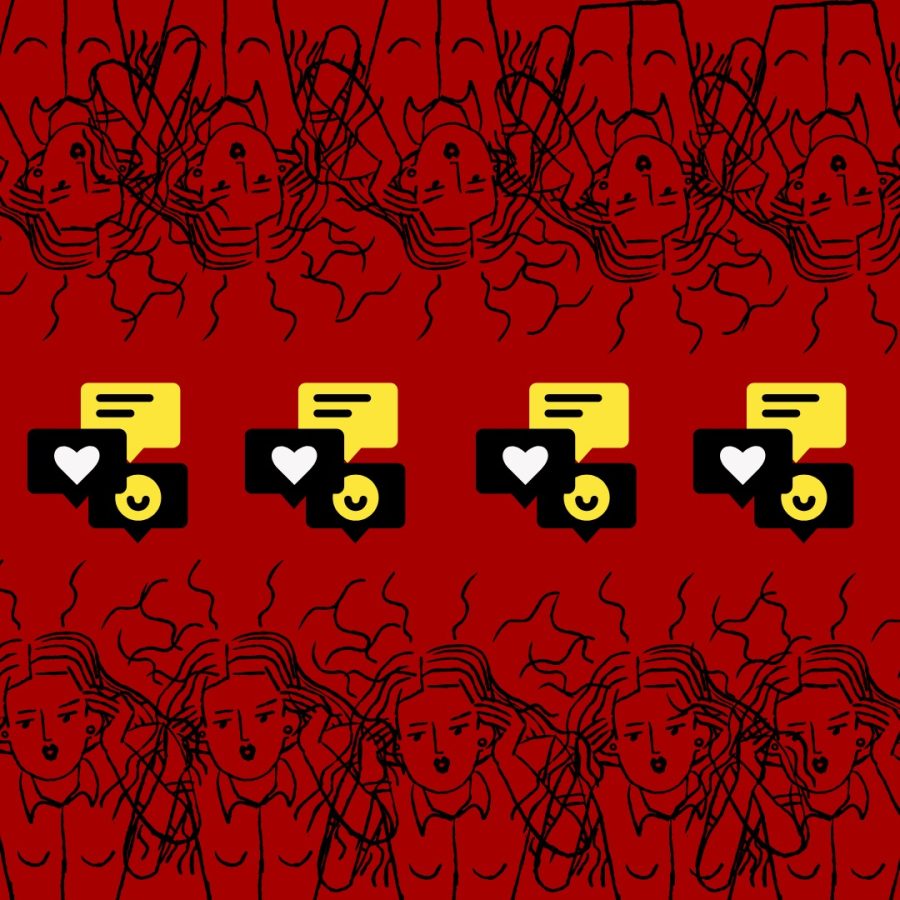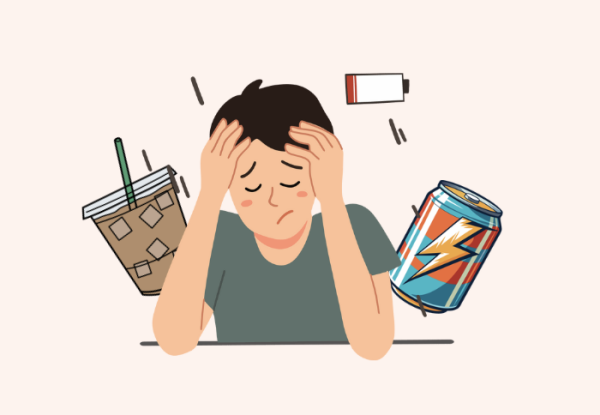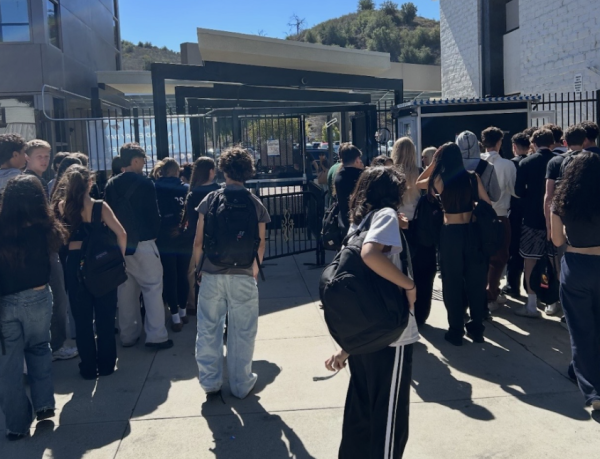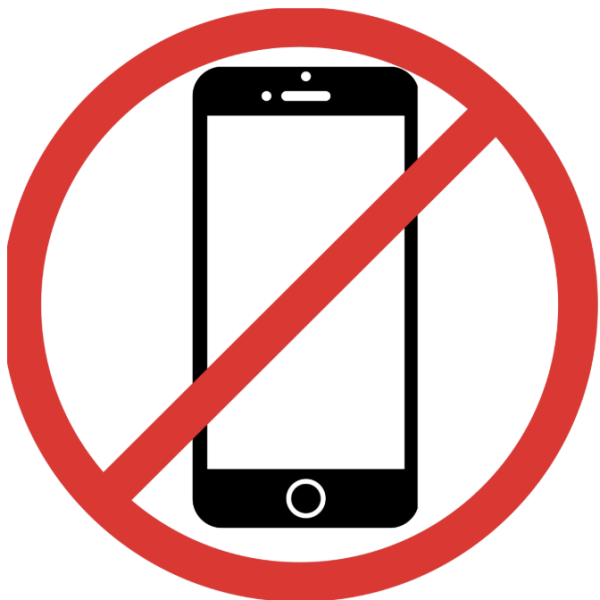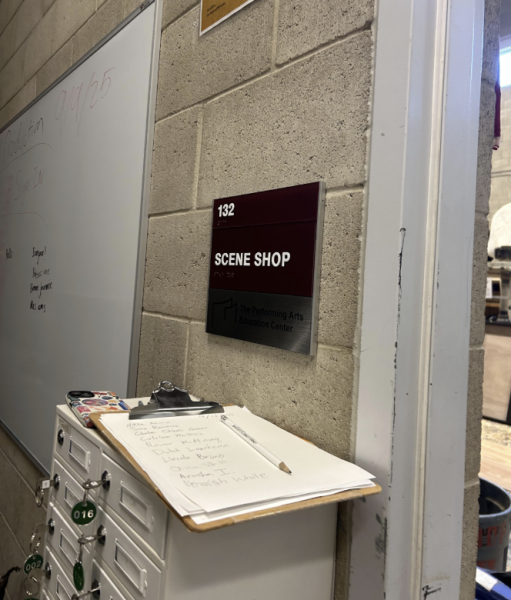How to develop a healthy relationship with social media
Social media has become an ever-present part of the lives of today’s teenagers, with the Pew Research Center reporting 97% of American teens on the Internet daily. With this increase in popularity, social media has also become a source of mental health problems for many, especially regarding body image and self-esteem among teenage girls.
Apps like Instagram and TikTok contain an endless feed of videos and pictures, making it easy to scroll for hours at a time. According to the Addiction Center, this content actually activates the reward “center” of the brain and releases dopamine in the same way many drugs do, which is why seemingly harmless media platforms can become so addicting. Desires for increased popularity and validation via social media can also keep teens habitually checking their feeds, particularly considering the likes, comments and retweets provided by these platforms that provide users an easy way to earn a form of recognition.
With this kind of engagement, social media is linked to a lot of self-esteem issues. Constant exposure to edited and filtered pictures of people’s “perfect” lives and bodies makes it easy to compare oneself to online influencers. Specifically among younger girls, this unhappiness with their own bodies can lead to dangerous conditions, such as eating disorders, according to Medical News.
“Being on social media all the time creates a socially acceptable image of how people should or should not be, and I think this makes everyone insecure of themselves,” said freshman Caitlyn Mulligan.
Curated posts create a false sense of reality amongst influencers’ followers and viewers, presenting unachievable standards that people feel obligated to meet.
“I would say the biggest impact [social media] has within our community is that we look at other people and feel a kind of jealousy in the sense that we want what we don’t have,” said senior Erin Marshall. “That jealousy impacts how we live life, and we try to achieve something that isn’t even real to begin with.”
Teens can also become self-conscious or feel excluded through their following list or after seeing posts of other people going out, especially if they were not invited to join. Snapchat’s map feature allows teens to “track” their friends at all times, adding to the possibility of a sense of exclusion.
“It’s almost like there’s so much value in the people that are following you,” said Wellness Counselor Alice Tarczynski. “[I’ve] had students come in upset that now this person unfollows them or blocks them because [social media was] the only way of communicating with the person.”
Nevertheless, while people cannot control what pops up on their daily feeds, there are ways to develop a more positive relationship with social media.
A proactive choice is to use social media intentionally. Instead of mindlessly scrolling, ask yourself what you are looking for. This could be a check-in with friends or family, fashion tips or even new recipes to try. If you don’t have a reason to be online, find another activity to pass time.
It is also important to monitor who you are watching on social media and unfollow any unhealthy accounts. While self-deprecating comparison is easy, try to shift your mindset and instead use posts as inspiration.
“I try to manage [my online presence] by staying off of social media when I see toxic behavior or negativity,” said Mulligan. “But in the past I’ve considered deleting my accounts because of how much it affected my self-esteem.”
Although easier said than done, reducing overall screen time can greatly relieve negative experiences. Make sure to be present in the real world and connect with your friends and family offline.
“We can put pieces of our life up on social media, [and] we can look at other people’s lives on social media,” said Tarczynski. “But there’s more to life than that, so it’s a huge thing not to define yourself based on social media. We have to be confident and comfortable in who we are and then enjoy what we’re looking at on social media.”
Today’s reliance on the Internet makes it difficult to stay offline. But practicing a better approach to social media use can help reduce the negative effects of the online world.
Your donation will support the student journalists of Calabasas High School. Your contribution will allow us to purchase equipment and cover our annual website hosting costs.
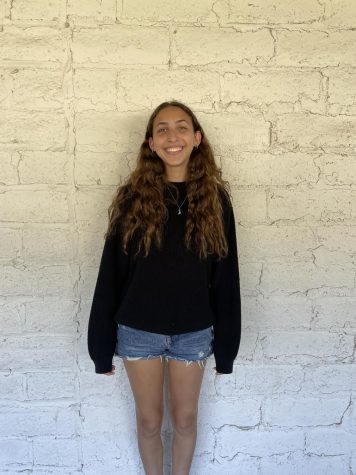
Hey! My name is Isabelle Demian and I am the Assistant News Editor for the Courier this year. Writing is a passion of mine and is something I want to pursue...
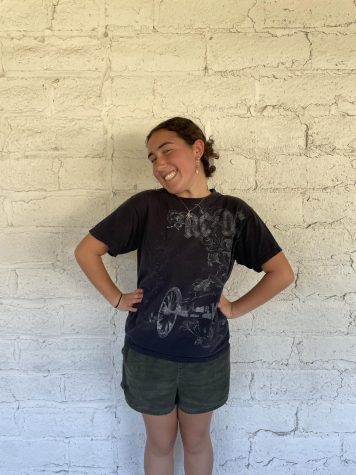
Hi! My name is Maya Katz and I am a staff writer this year. This is my first year writing for the Courier and I am very excited to explore journalism!...


